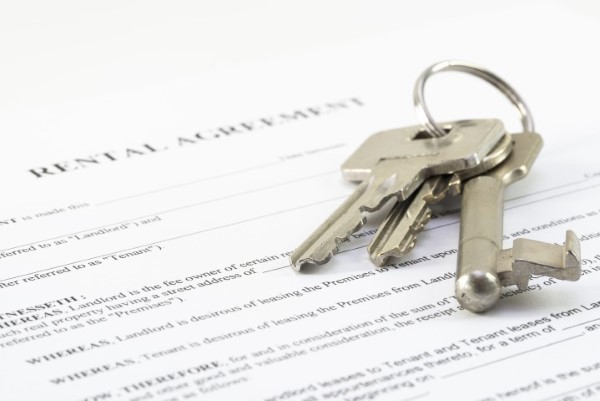
What Are Lease Clauses?
Rental agreement clauses describe the apartment or house rental terms and conditions. It is very important that you understand these before signing on the dotted line because the lease is a legally binding contract. Rental agreements usually follow a boilerplate template that includes many standard items. Standard lease clause items include such things as the start and end date of the lease, the day of the month rent is due, the method in which the rent should be paid, and information regarding the deposit and how the deposit is given back to the tenant upon vacating the property.
Rental agreements also include clauses about late fees that might be charged for late payment of rent, charges to tenants for things such as lost keys, and penalties for breaking a lease. Because rental lease clauses are part of the lease, they are considered to be a legally binding contract.
Things To Look Out For In A Lease
First, you should familiarize yourself with the tenant-landlord laws in your state, since these may vary depending on the state you live in. Some states are more tenant-friendly, such as California or Massachusetts, while other states are more landlord-friendly, such as Florida. After familiarizing yourself with your state's laws, you should read over the rental agreement clauses carefully to make sure they align with your state's laws. If something doesn't look right, you should mention this to the landlord before signing.
Other things to look out for are the non-standard lease clauses that may differ by the landlord. For example, the lease might state that you are responsible for lawn care and landscaping. The lease will also inform you which utilities you are responsible for, and which ones the landlord is responsible for. The rental agreement might also include which major appliances are included as part of the lease, and will specify if appliance repairs are the landlord's or tenant's responsibility. Oftentimes the lease will also include information about how maintenance requests are handled, and under what circumstances the landlord may request access to the unit.
Look carefully at anything that might cause you to violate the terms of the lease, such as unregistered pets or guests. If the rental is in a condo or homeowners association, that entity might have its own rules that might also be referenced in the lease. Rental lease clauses might also contain information specific to the property, such as garbage removal, recycling, and parking. Finally, see if the lease clauses include information about legal arbitration. It might include a requirement that parties pay their own legal fees in the event of a legal dispute. If you think you see something that looks unusual or unfair, you should consult a real estate lawyer who specializes in rental leases before signing the contract.
Don't be caught by surprise at your next lease signing. Familiarize yourself ahead of time with your state and local tenant-landlord laws and read the rental lease clauses thoroughly before signing. Don't be afraid to ask questions.
Finding your next rental home on HomeFinder will be a breeze once you understand everything you need to know about house rental terms and conditions.
